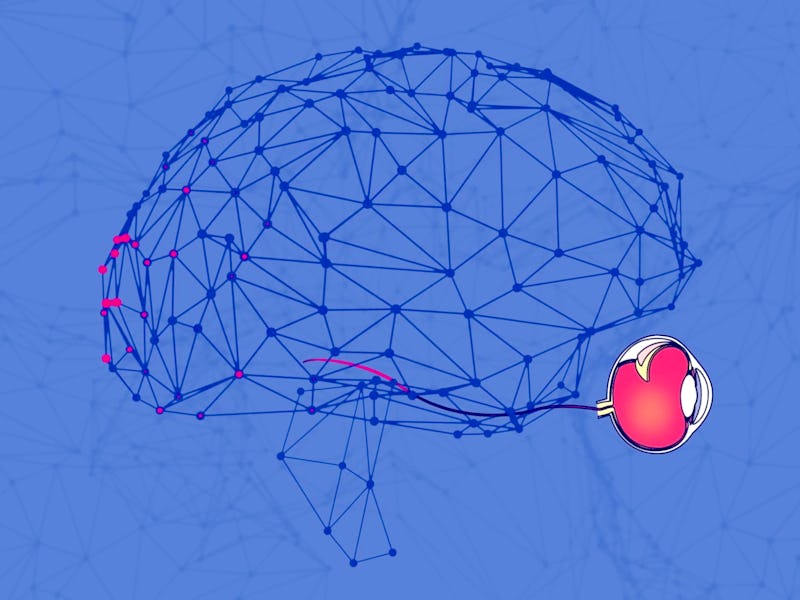Facebook's Fascinating New Videos Demystify A.I.'s Scary Reputation
Yann LeCun is here to rescue A.I. from the mystics.

Artificial intelligence gets a bad rap: People are told that it’s rapidly advancing and that it will soon eliminate all jobs. They’re told that if we’re not careful with the technology, A.I. will attain a mind of its own and overthrow humanity. There are scores of movies in which a super-intelligent A.I. does just that: attains a mind of its own and overthrows humanity. So yeah, A.I. suffers from an optics problem.
On Thursday, Yann LeCun, the head of artificial intelligence research at Facebook — one of the biggest developers in the field in terms of audience and funding — entered the fray to win back the hearts and minds of A.I. skeptics. With a series of six short PSA-style videos and a blog post meant to educate and inspire the public about A.I., LeCun did his part to restrict the fear-mongering.
“When it comes to AI at Facebook, we have one long-term goal: Understand intelligence and build intelligent machines,” LeCun writes in the post. Though “intelligent machines” may give you the willies, it need not. These machines will serve us well, and in fact already are.
Achieving true machine intelligence, LeCun continues, is “not merely a technology challenge, it’s a scientific question. What is intelligence, and how can we reproduce it in machines? Ultimately, that quest is humanity’s quest.”
When we don’t know how something works, we often get scared and resort to conjecture, but armed with knowledge and understanding, scary things are less scary.
Each video — like the one below, on machine learning — is intended to spread knowledge and understanding.
“We hope these simple and short introductions will help everyone understand how this complex field of computer science works,” LeCun writes.
So we fear what we do not understand. If we’re to generalize: The same is true with respect to A.I. The foremost researchers understand it, and most agree that it’s not worrisome — that there are very low odds it will lead to the apocalypse. They say it’s really just simple mathematics, and in no way magical. “AI is good at recognizing patterns in large amounts of data,” LeCun explains.
He continues:
“AI is already pervasive in our world, and it’s making a huge difference in our everyday lives. But this is not the AI you’ve seen in sci-fi movies, with nervous scientists clacking on keyboards and attempting to halt machines from destroying the world.”
“AI is a rigorous science focused on designing intelligent systems and machines, using algorithmic techniques somewhat inspired by what we know about the brain,” LeCun says in the video.
When it comes to A.I., Facebook is one of the foremost entities, and with these six videos, LeCun is here to explain away the magic, to demystify A.I. (The two additional videos discuss two further, fundamental A.I. systems: gradient descent and back propagation.)
Facebook has greater ambition, though: It wants to inspire more people to work within the field. If we stick to thinking of A.I. as pure magic, fewer people will be willing to devote their lives to its development, and it will take longer for A.I. to benefit humanity. With this series of videos, and the accompanying, informative blog post, LeCun and Facebook hope to both educate and inspire.
Now, the next time you hear someone spouting off about the A.I. apocalypse, and how everything is doomed, and about how Westworld is just around the corner, you can retort that it’s simple mathematics.